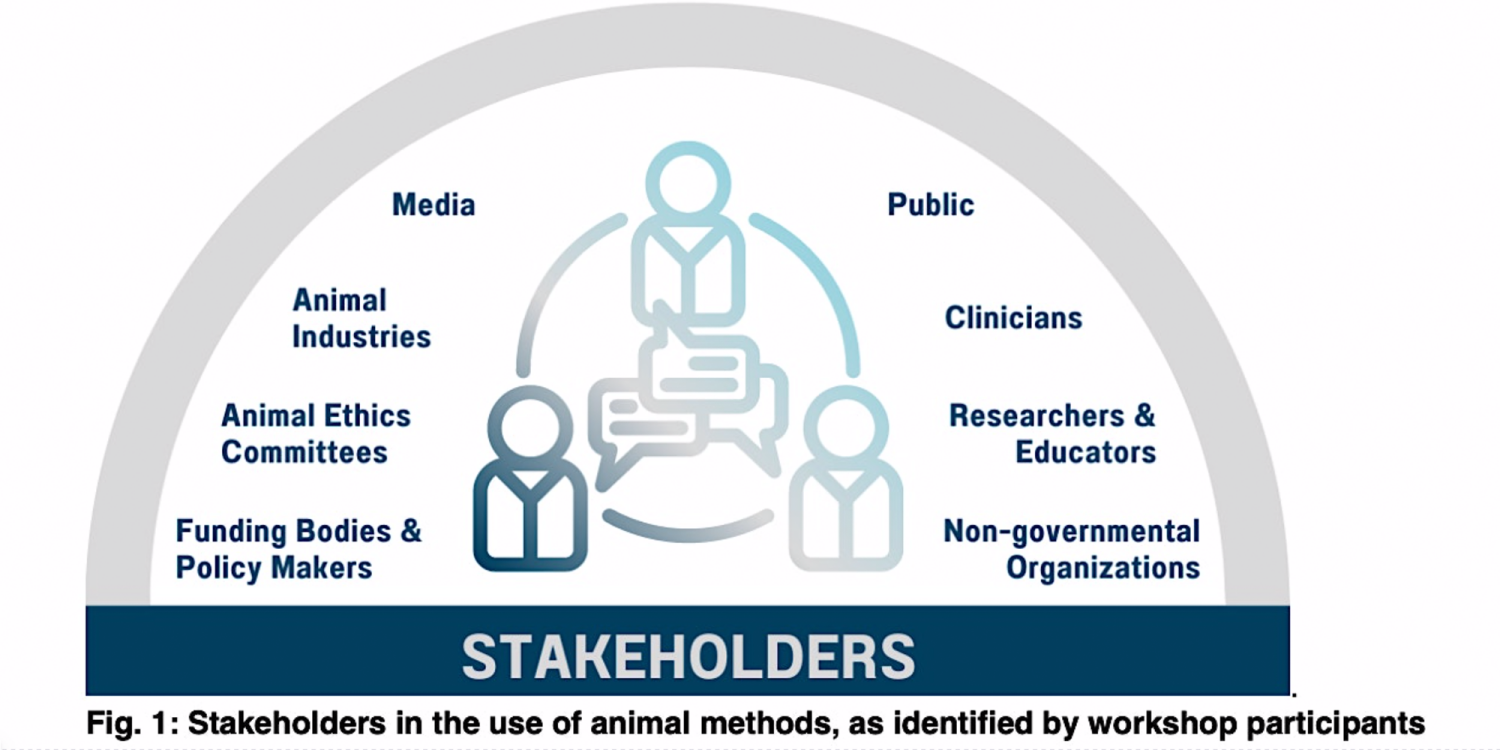Animal experiments are subject to high variability, do not reliably predict clinical responses, and are ethically problematic. Despite the availability of more reliable, effective, and ethical nonanimal experimental systems, animals remain the gold standard in biomedical research and testing due to institutional inertia, financial interests, and other barriers to change. While systemic in nature, these barriers are carried out at an individual level, such as through unfair or biased peer reviews, often involving reviewers requesting that authors perform animal experiments to validate their findings. Animal methods bias in scientific publishing is a newly defined type of publishing bias describing a preference for animal-based methods where they may not be necessary or where nonanimal-based methods may already be suitable, which impacts the likelihood or timeliness of a manuscript being accepted for publication. This presentation will (1) provide evidence of animal methods bias,
including anecdotal accounts and survey results, (2) explore its consequences, including the conduct of unnecessary animal experiments and negative career repercussions, and (3) discuss ongoing work to mitigate animal methods bias, including providing resources and community for authors and engaging with journal editors and peer reviewers. These efforts aim to contribute to the necessary shift away from animals in biomedical research and testing.

 Leichte Sprache
Leichte Sprache